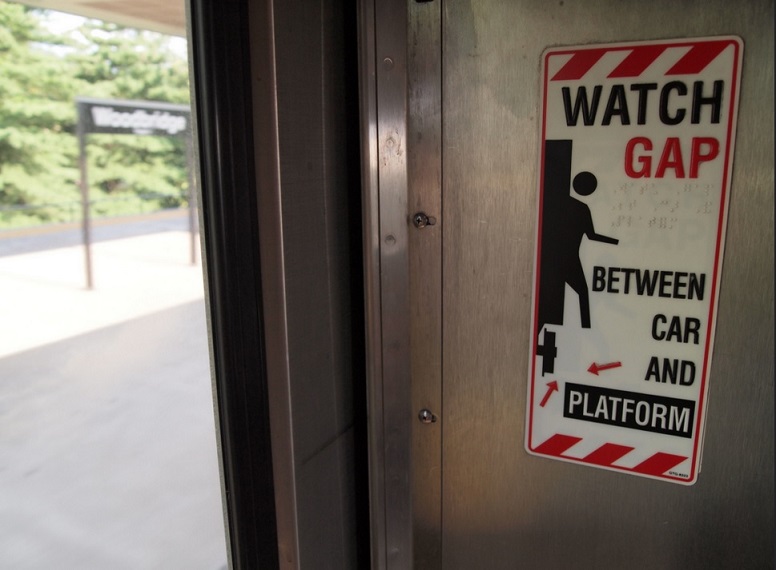New Jersey Transit has a new executive director, but it’s still got the same old deficit. Will a fresh face at the helm translate into new ideas for how to fill the hole?
Last October, NJ Transit raised fares by 9 percent and cut service to close a $56 million deficit in the FY 2016 budget. Former NJ Transit Executive Director Ronnie Hakim said (and the Board of Directors agreed) that the fare hikes were necessary after exhausting all other ways to narrow the gap.
Now, heading into FY 2017, NJ Transit is once again facing a budget deficit — a $57 million gap this time. This puts NJ Transit (and riders) in a peculiar position: if the agency is able to cut the budget by $57 million this year, then why didn’t they do it last year, sparing commuters from their fifth fare hike since 2000?
Governor Christie has ordered the agency to close the budget gap but without raising fares, so what are the options?
Increase capital-to-operating transfers. NJ Transit has used this funding practice, which robs transit expansion projects, maintenance and upgrades to support its operating needs, since 1990. Over the past 26 years, the agency has raided more than $6.5 million from its capital fund — $5.1 billion of which was transferred in the last 15 years.
Raid other funding pots. The Clean Energy Fund piggy bank was cracked open in 2014 and 2015 to fund NJ Transit’s operating budget. The raids continue this year with another $62 million. Between 2013 and 2016, the Turnpike Authority helped the agency keep its wheels turning by funneling $295 million in toll revenue (originally earmarked for the now-cancelled Access to the Regions Core project) to NJ Transit. Only $204 million is slated to be transferred this year, but the Turnpike Authority might be called upon to up the ante in FY 2017.
There’s a chance riders will be spared from another fare hike this year, thanks to Governor Christie’s orders, but if we look at his statement…
“Absolutely, no fare hike,” Christie said. “They’ll do it. They’ll do it. You know why? Because they have to.”
… could it be that the governor is holding the doors open for NJ Transit to consider service adjustments and cuts as a way to fill the gap?
We know what could be done to fix the deficit, but what should be done? NJ Transit’s operating budget could stop living off patchwork schemes if it were able to identify a reliable, sustainable revenue source, and they may need to look outside the Garden State for ideas. Consider how other agencies in other states fund transit: In New York, for example, the MTA receives approximately $1.4 billion annually from the Payroll Mobility Tax, a tax on businesses that are located near and benefit from MTA service.
What about beyond 2017? That’s too far away for Governor Christie to grasp, but previous comments after NJ Transit rail union negotiations indicate that he’d be willing to hike fares on riders multiple times in the next few years:
“Wages go up, health costs go up for employees, other costs go up and there’s always going to be the need for periodic fare increases,” he said. “Where we get into trouble is when we don’t do them over a long period of time. What happens then is we need to have much larger increases to make it up.”
(If only the governor could apply that logic to funding the bankrupt Transportation Trust Fund.)
As NJ Transit’s ridership continues to grow, so will its funding needs. One in ten New Jersey residents live without access to a car, and in cities like Newark, that rate is as high as four in ten. Mass transit provides access to jobs, increases property values, reduces road congestion and helps grow the economy. Ensuring residents have “safe, reliable, convenient and cost-effective” transit should start with adequate funding from Trenton.
NJ Transit’s newly named Executive Director, William Crosbie, will bring a diverse and extensive transportation background to the agency from his tenure at Amtrak and as a private consultant. Hopefully, he can put NJ Transit on the right track and be the advocate the agency and its riders desperately need.


The only way NJ Transit can make up that sort of deficit without either a fare increase or a miracle is to cut service. Many of those service cuts will be “minor”; that is, no public hearing is necessary (such as widening a peak period bus headway from every five minutes to every six minutes, even though overcrowding and bypassing of passengers will result).
There will also be cutbacks in “non-essential” staff, such as customer service personnel, planners, and others who can help convert an average system to an outstanding one.
[…] Transit — The agency’s new executive director, William Crosbie, has already backed out of the job, leaving NJ Transit without a permanent leader […]